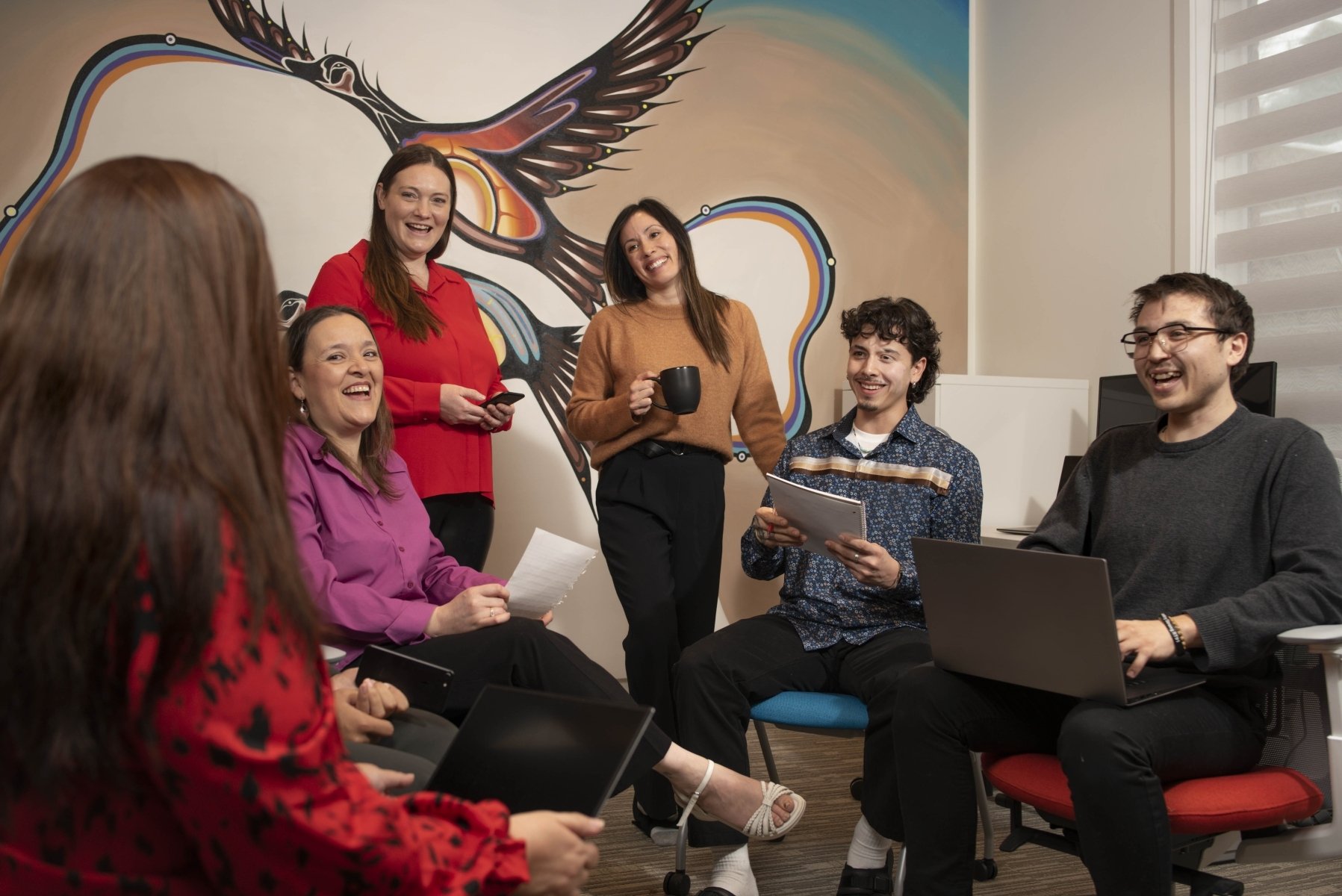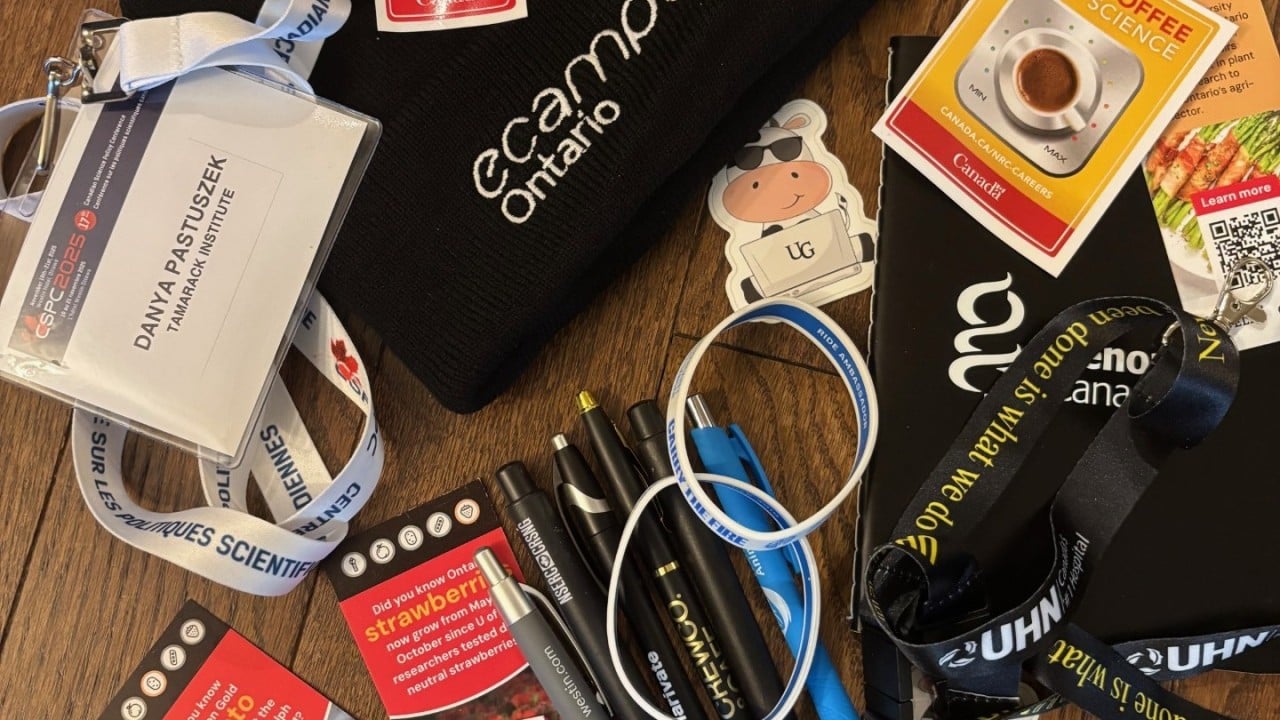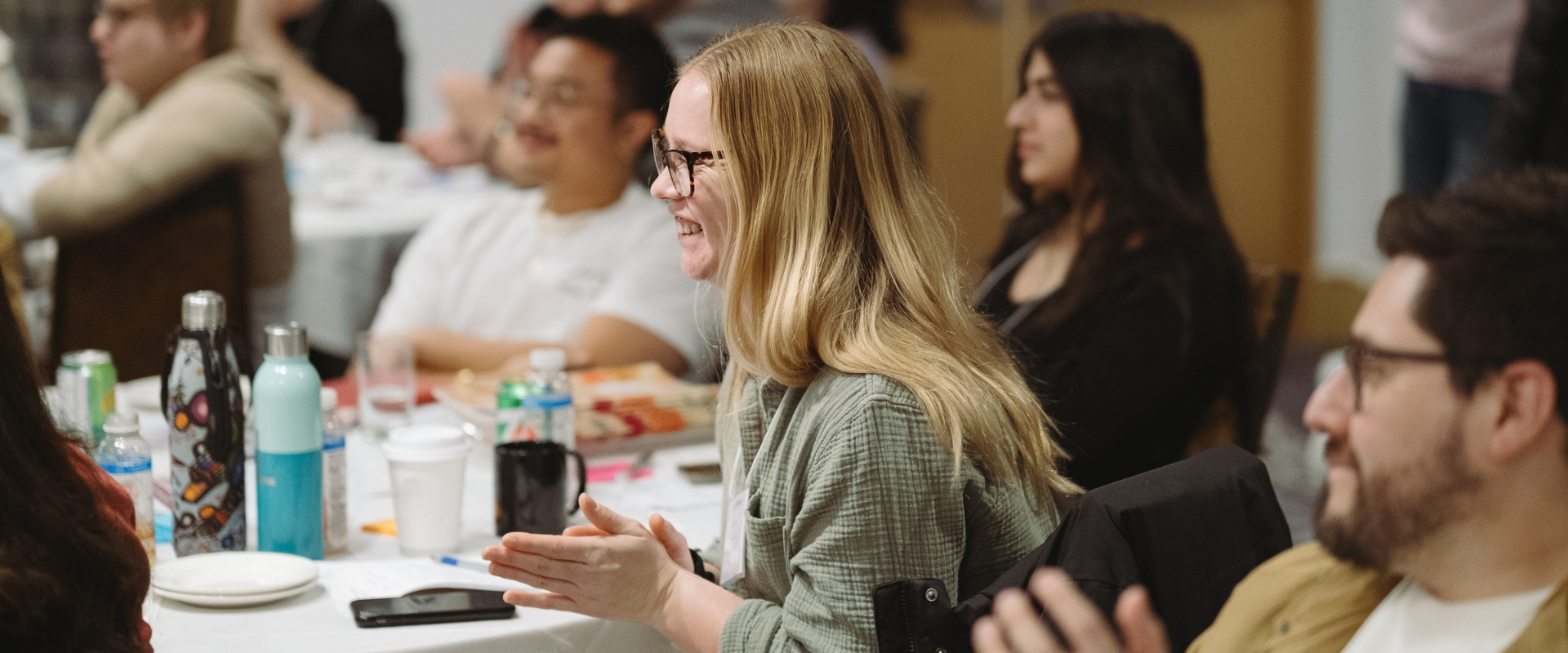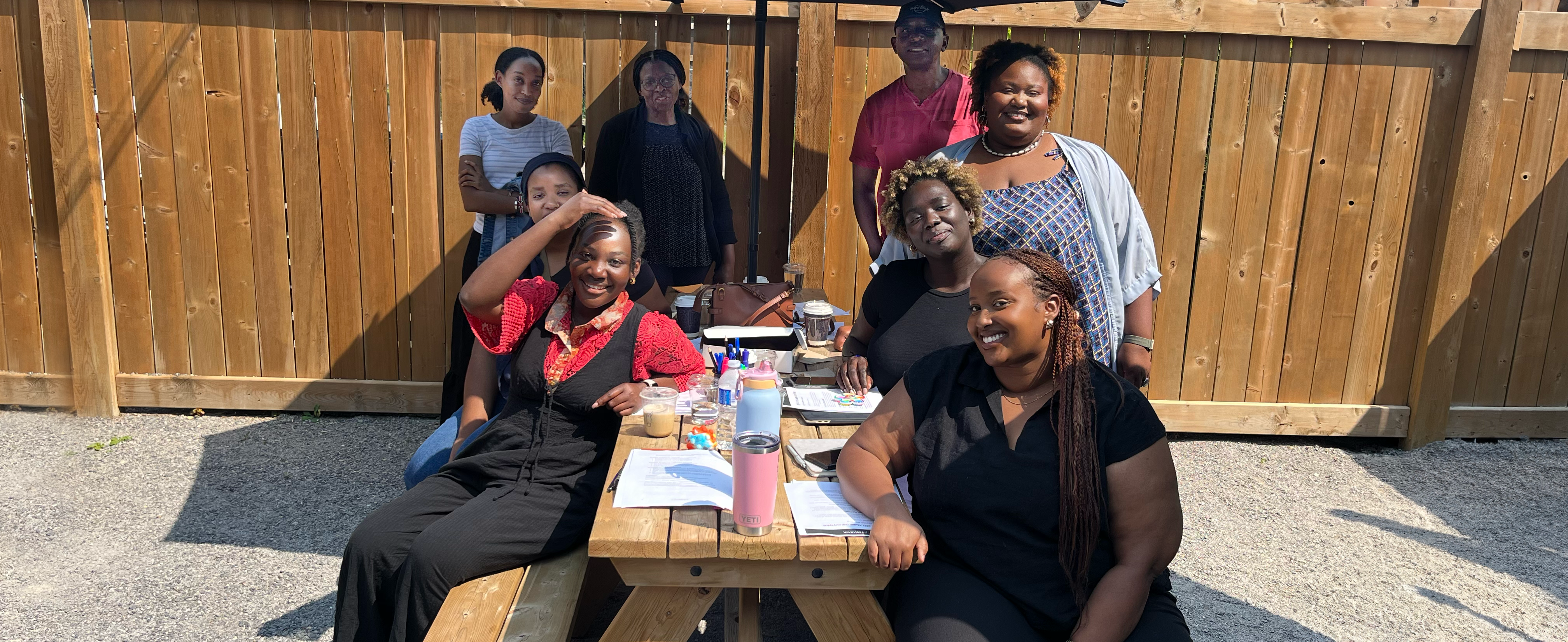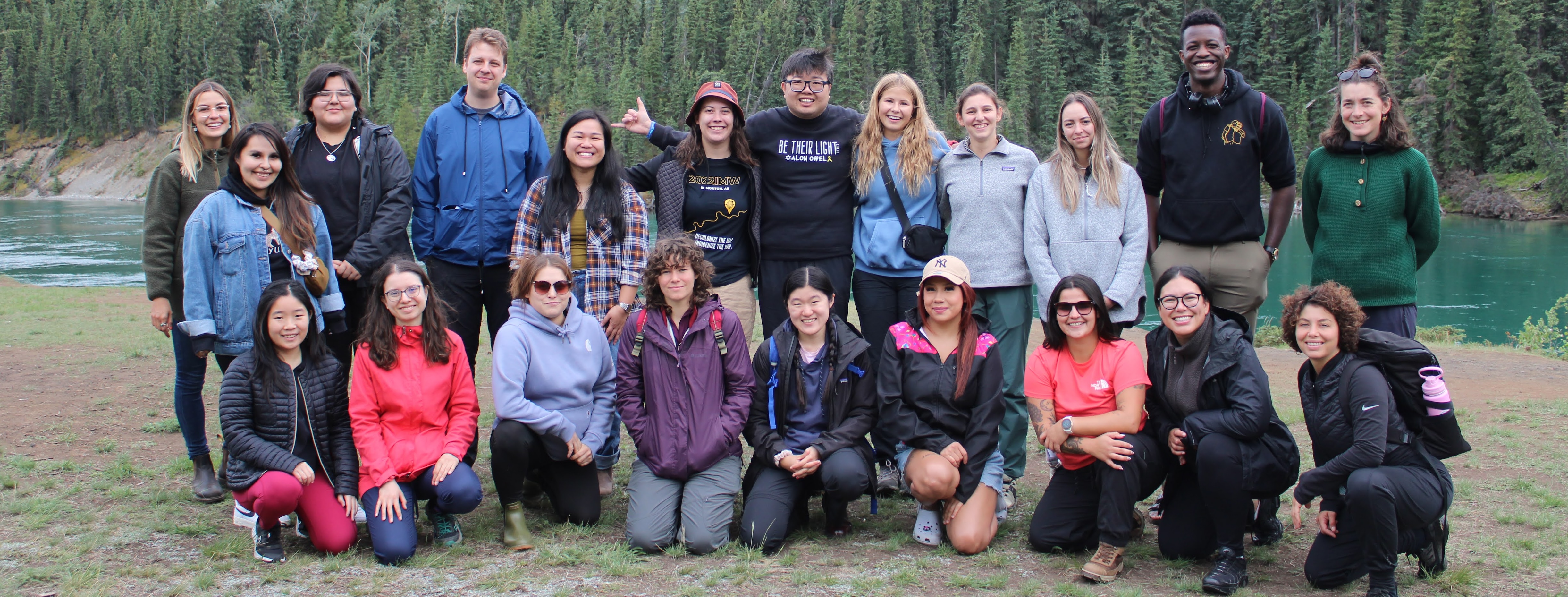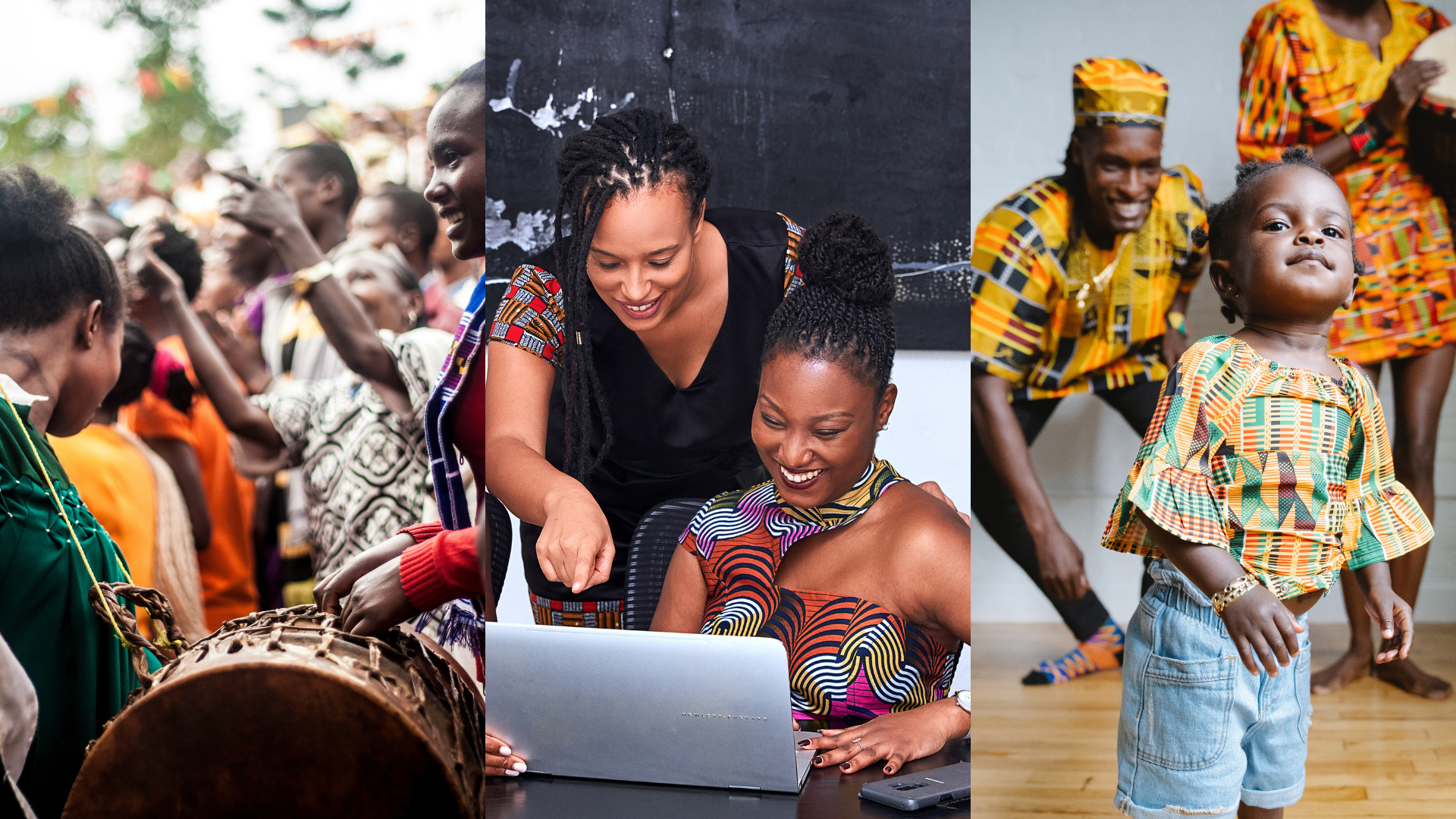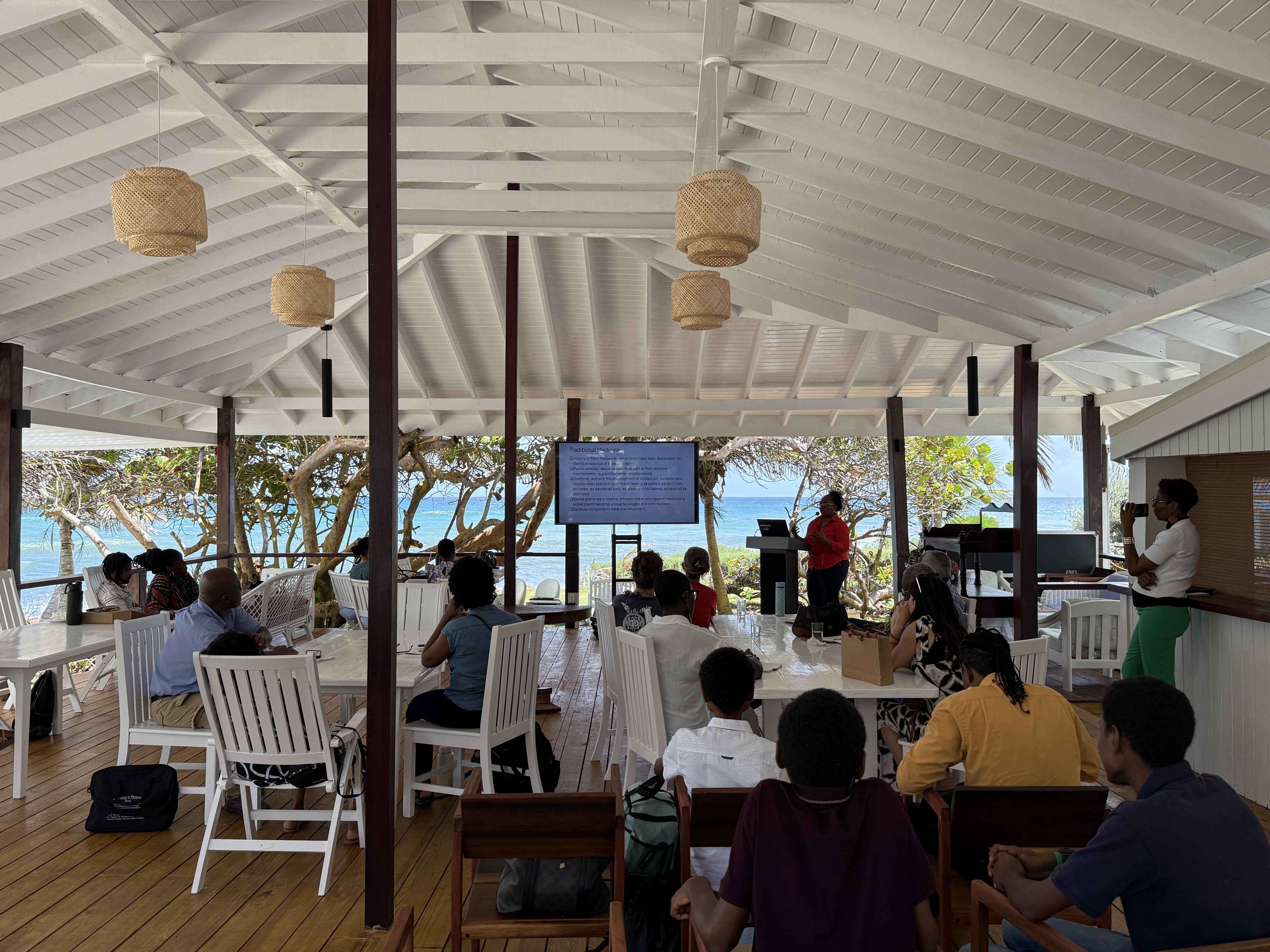The Winnipeg Poverty Reduction Council is an initiative of United Way that brings together multi-sector leaders to work collaboratively at addressing the underlying causes of poverty. Their approach is based on the belief that greater impact is possible when we work across conventional boundaries, connecting and aligning our efforts and resources to transform the conditions that lead to poverty.
In 2015, the WPRC developed a framework for action that included 10 strongly connected aspirations. In recent years, their work has become focused on the aspiration of Income as a leverage point for change and has led to a deep dive on their TRC 92: Youth Employment Lab initiative [1].
Based on feedback from the WPRC and the broader community, in 2021, the Council became more intentional about equity work by launching a new model. Their new social innovation [2] lab was designed to intentionally center Indigenous youth voices. It draws heavily on the wisdom, knowledge, and experience of the community that is most directly impacted – in this case, local Indigenous partners. It builds on collective impact and systems change but moves to a more action-oriented approach that requires both a different way of working and a different way of showing up.
The WPRC’s model ‘flips the script,’ as instead of trying to get youth to fit into existing companies and corporate standards, their efforts focus on making systems change within the companies themselves. It creates space to think outside the box and shifts mindsets by leveraging the Council’s unique position of being able to speak the language of, and build relationships across the government, private, and non-profit sectors.
WPRC’s guiding strategies include workplace transformation and transitions to employment. Their ‘build-measure-learn’ process involves:
-
Hearing from youth themselves about barriers to employment
-
Prototyping solutions with a company who can test them out
-
Once they are happy that a solution is sustainable, scaling it out to other companies
Actions that the WPRC undertakes that demonstrate an active approach to equity-building include:
-
Ensuring culturally safe workspaces for Indigenous youth
-
Finding solutions and offering training that support youth transitions from pre-employment to employment and financial stability
-
Working with the private sector to education companies around TRC 92 and to make changes within their workplace policies
-
Partnering with more than 30 corporations to teach about TRC and how to incorporate DEI and indigenous engagement to workplaces from long-term perspective
-
Convening an Employer Consortium of companies where solutions can be scaled to
Notes
[1.] The Truth and Reconciliation Commission’s Call to Action #92 calls on the corporate sector’s role in reconciliation.
[2.] 2 Social Innovation Frameworks
Social innovation frameworks involve defining a problem and mapping the system to gain a deeper understanding of the dynamics that hold a challenge in place. They get people from different backgrounds and sectors into one room to co-create and test solutions and to move to action. Key benefits include that these frameworks:
-
Create space for co-creation with the people most impacted by the challenge being addressed;
-
Emphasize the power of shifting power dynamics;
-
Allows an initiative to be very responsive to existing and arising challenges in a community; and,
-
Connects individual efforts with collective engagement and action.
Deepen Your Learning:
-
Read the full series of field notes: Centering Anti-Racist and Equity Frameworks in Anti-Poverty Work
-
Learn more about the WRPC's work in relation to Truth and Reconciliation Commission Call to Action 92 around Indigenous employment




